“Person-centered” is a buzzword in mental health service systems, and it is common for service plans to be called “person-centered.” However, it is unclear whether people are truly directing their planning process and choosing services and supports that really matter to them – and the supports they don’t want. While person-centered planning is intended to support people to live self-determined lives, it can also be used inappropriately to compel and coerce people into services they don’t want. When done well, person-centered planning has the potential to advance equity by opening multiple pathways to wellbeing. Poorly implemented person-centered planning can deepen existing inequities. Hosted by the National Center on Advancing Person-Centered Practices and Systems (NCAPPS), this webinar will convene members of the Massachusetts-based Council Against Institutional and Psychiatric Abuse (CAIPA) to explore what person-centered planning should – and shouldn’t – look like.
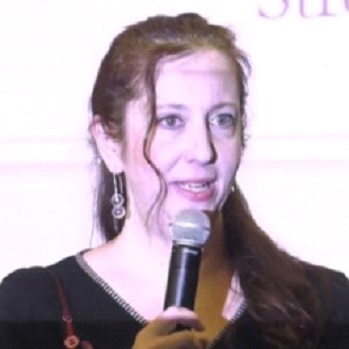
Sera Davidow is a filmmaker, activist, and mother of two. As a survivor of physical, sexual, and emotional abuse, she has faced many challenges throughout her own healing process. At present, she spends much of her time working with the Wildflower Alliance, a peer-to-peer and training organization that was recognized in 2021 by the World Health Organization as providing exemplary, rights-based crisis alternatives. Learn more about her work in a 2018 Sun Magazine article: https://tinyurl.com/OpenMindSD
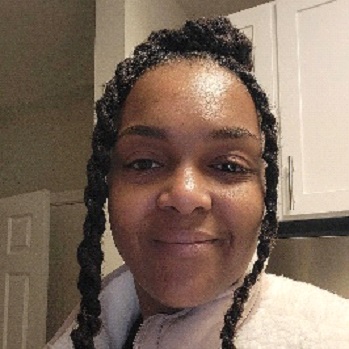
Ebony Flint is a Policy Analyst at the Human Services Research Institute and a Certified Peer Specialist. She is also a part-time trainer and group facilitator with the Wildflower Alliance and founded “A Tribe Called Black.” Throughout all she does, Ebony infuses knowledge gained from her own experiences as a survivor of trauma and the psychiatric system, as someone with invisible physical disabilities, and as the mother of an autistic child.
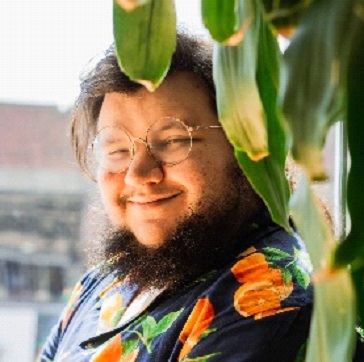
Lionel Frechett (they/them) is a Deaf, multiply disabled queer person with 16 years of living with extreme states and 6 years of both working within the mental health system in different capacities and receiving services, bringing their personal experience and person-centered ethics to the table. Their ultimate dream is to create equity through diverse spaces and strengthen allyship across communities.
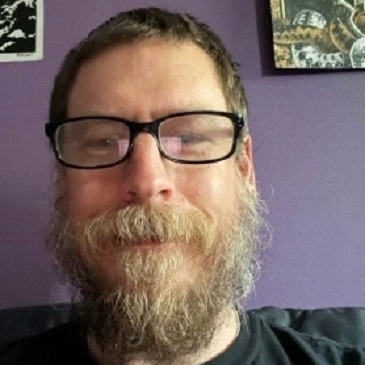
Andy Beresky works for the Wildflower Alliance supporting and advocating for folks who have struggles around their substance use. In the past, he's worked at Afiya, the peer-run respite in Massachusetts, and as a director of peer support for a clinical provider agency. Working within the mental health system has only strengthened his belief that people receiving services have the fundamental right to have their voices and choices reflected in every stage of their treatment planning and service delivery, as well as information and access to alternative healing modalities.
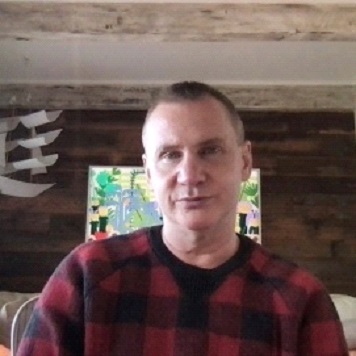
Thomas Brown is an advocate who spends much his time working with Mental Health Legal Advisers Committee using lived experience to leverage critical issues in the state legislature related to mental health. Thomas worked in a community mental health agency for over thirteen years, and in a crisis stabilization unit for two years. It is the harm and human rights abuses he witnessed in these spaces that informs much of his advocacy work. Thomas trains law enforcement and department of corrections staff on trauma through the Crisis Intervention Training.
Resources:
NCAPPS is an initiative from the Administration for Community Living and the Centers for Medicare & Medicaid Services to help States, Tribes, and Territories to implement person-centered practices. NCAPPS webinars are open to the public, and are geared toward human services administrators, providers, and people who use long-term services and supports. All NCAPPS webinars will be recorded and archived at https://ncapps.acl.gov.